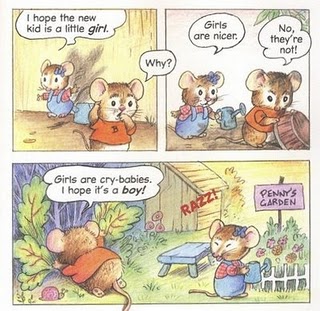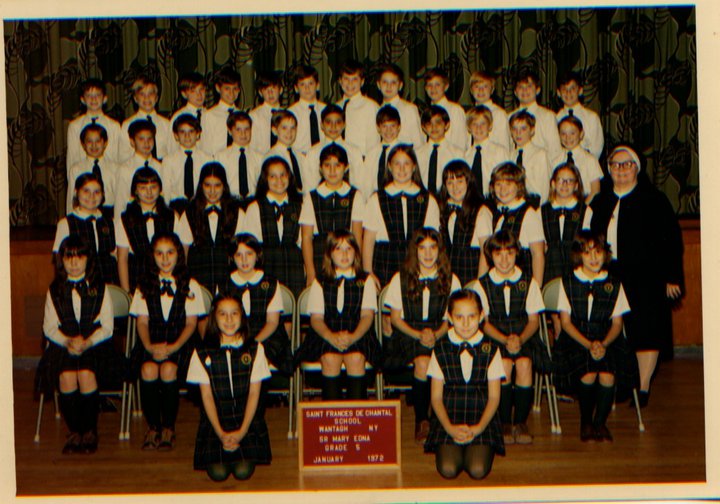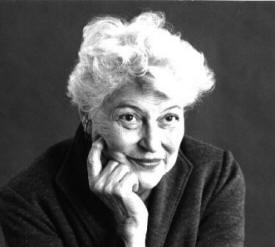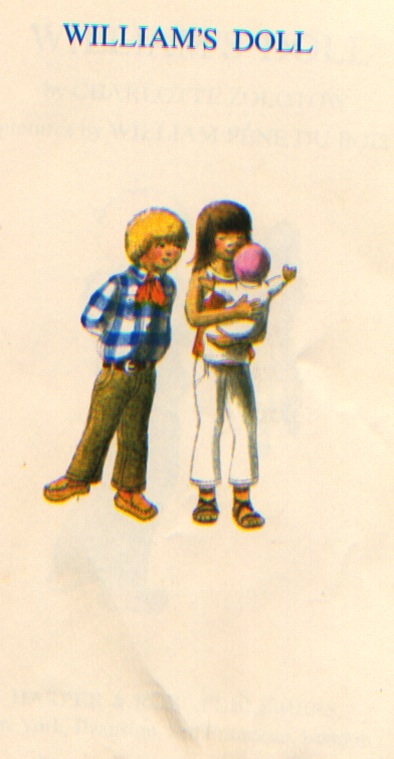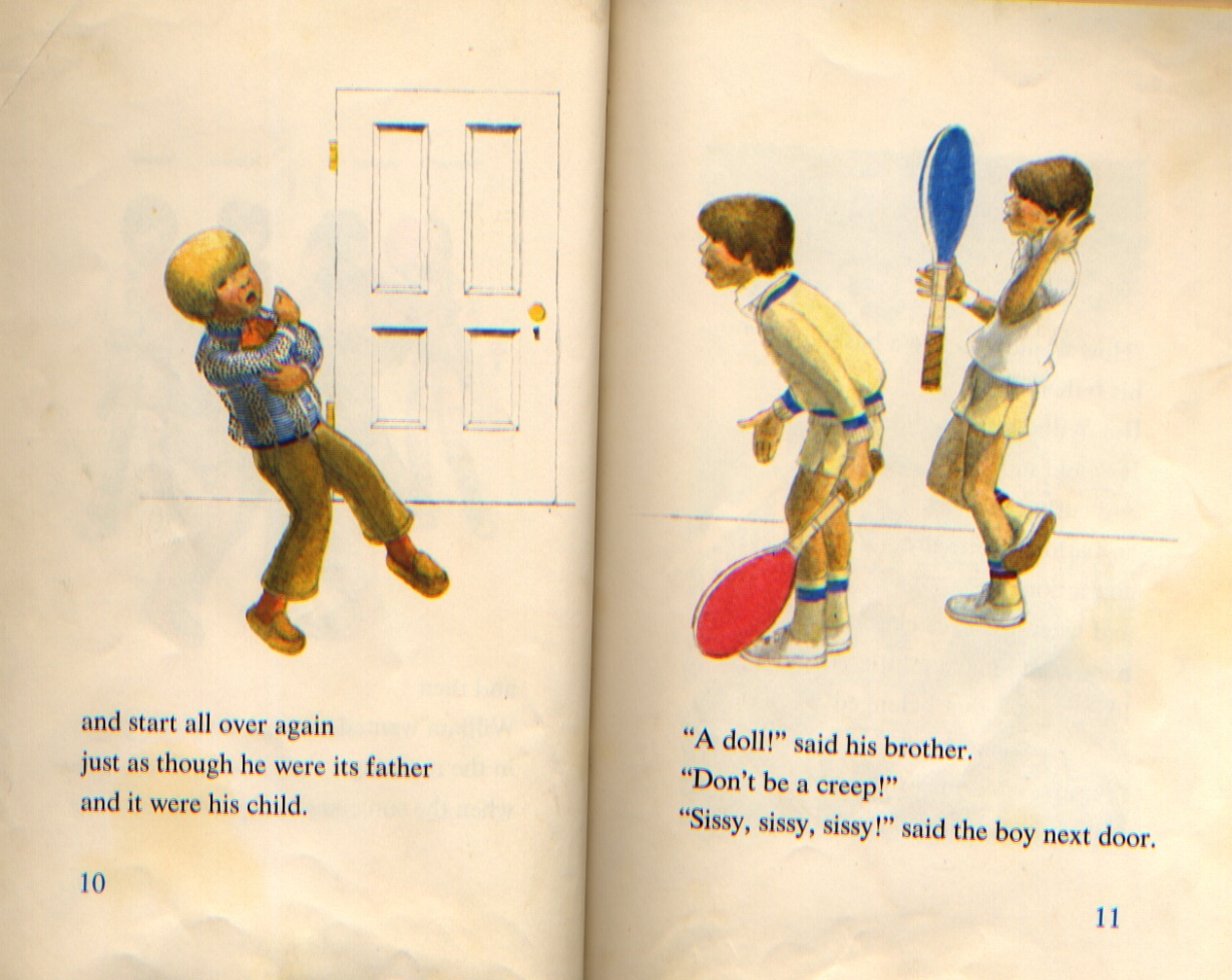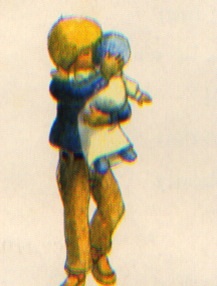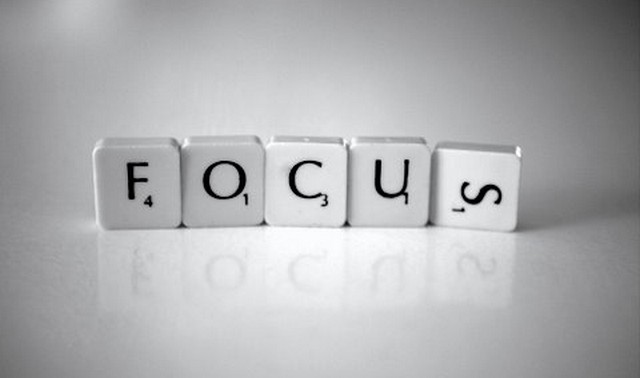–

–
About 18 months ago I was invited to contribute a short story to an “edgy” YA compilation, tentatively titled I See Reality. It would ultimately include twelve short stories by a range of writers. I was interested, but did not exactly have one waiting in my file cabinet. So I said, “Give me a few days and let’s see if anything bubbles to the surface.” After some thought, I knew the story I wanted to tell, and I knew the format in which I wanted to present it.
Wallace Stevens wrote a poem, “Thirteen Ways of Looking at a Blackbird,” that had always captivated me. I admired its fragmentary nature, the way the text moves from perspective to perspective to create an almost cubist mosaic. Of course my story, “The Mistake,” did not come close to achieving anything of the sort. But that was the starting point, the push. I decided to play around with that idea. The final story included twenty-two brief sections.
What I wanted to say, what I was moved to address: I wanted to write a story that touched upon teenage pregnancy and the important role that Planned Parenthood plays in the lives of so many young women and men. We live in a challenging time when women’s reproductive rights are under almost daily attack. When the very existence of Planned Parenthood is under political and violent assault. This is a health organization that supplies people — often young women from low income groups — with birth control, pap smears, and cancer screening. According to The New England Journal of Medicine: “The contraception services that Planned Parenthood delivers may be the single greatest effort to prevent the unwanted pregnancies that result in abortions.”
Most importantly for this story, Planned Parenthood provides abortions as part of its array of services, a procedure that is legal in the United States of America. Abortion has long been debated, discussed, argued, and decided in the Supreme Court. As divisive as it may be, abortion has been declared a legal right in this country. And it touches young lives in profound ways.
Anyway, yes, I know that I risk offending people. Maybe I should just shut up. But when my thoughts bend this way, when I start to worry what people might think, I remind myself of this quote by Martin Luther King, Jr.: “Our lives begin to end the day we become silent about things that matter.”
I stand with Planned Parenthood.
Here’s the first two brief sections from my story, plus another quick scene, followed by review quotes about the entire collection from the major journals:
THE MISTAKE
By James Preller
1
“What do you think we should we do?” Angela asked.
“I don’t know.” Malcolm shook his head. “What do you want?”
It was, he thought, the right thing to ask. A reasonable question. Her choice. Besides, the truth was, he didn’t want to say it out loud.
So he said the thing he said.
“What do I want?” Angela said, as if shocked, as if hearing the ridiculous words for the first time. She stared at her skinny, dark-haired boyfriend and spat out words like lightning bolts, like thunder. “What’s that got to do with anything, Mal? What I want? How can you even ask me that?”
“I’m sorry,” he said.
“I’m sorry, too,” she replied stiffly, but Angela’s “sorry” seemed different than his. Malcolm was sorry for the mistake they made. Their carelessness. And in all honesty, his “sorry” in this conversation was also a strategy to silence her, a word that acted like a spigot to turn off the anger. Angela’s “sorry” encompassed the whole wide world that now rested on her slender shoulders. Malcolm understood that she was sorry for all of it, all the world’s weary sorrows, and most especially for the baby that was growing inside her belly.
2
Angela on her cell, punching keys, scrolling, reading, clicking furiously.
At Planned Parenthood, there was a number she could text. She sent a question. Then another. And another.
She was trying to be brave.
Trying so hard.
It wasn’t working out so well.
<<snip>>
14
“Angela?” A nurse appeared holding a clipboard, looking expectantly into the waiting room.
Angela rose too quickly, as if yanked by a puppeteer’s string.
The nurse offered a tight smile, a nod, gestured with a hand. This way.
Her balance regained, Angela stepped forward. As an afterthought, she gave a quick, quizzical look back at Malcolm.
“Love you,” the words stumbled from his throat. But if she heard, Angela didn’t show it. She was on her own now. And so she walked through the door, down the hallway, and into another room. Simple as that.
Malcolm sat and stared at the empty space where, only moments before, his Angela had been.
———
Contributing authors include Jay Clark , Kristin Clark , Heather Demetrios , Stephen Emond , Patrick Flores-Scott , Faith Hicks , Trisha Leaver , Kekla Magoon , Marcella Pixley , James Preller , Jason Schmidt , and Jordan Sonnenblick .
Review by Booklist Review
“The hottest trend in YA literature is the renaissance of realistic fiction. Here, as further evidence, is a collection of 12 stories rooted in realism. Well, one of the stories, Stephen Emond’s illustrated tale The Night of the Living Creeper is narrated by a cat, but, otherwise, here are some examples: Jason Schmidt’s visceral story of a school shooting; Kekla Magoon’s tale of a mixed-race girl trying to find a place she belongs; Marcella Pixley’s operatic entry of a mother’s mental illness; and Patrick Flores-Scott’s haunting take on a brother’s life-changing sacrifice. Happily, not all of the stories portray reality as grim. Some, like Kristin Elizabeth Clark’s gay-themed coming-out story, Jordan Sonnenblick’s older-but-wiser romance, and Faith Erin Hicks’ graphic-novel offering about gay teens, are refreshingly lighthearted and sweet spirited. Many of the authors in this fine collection are emerging talents and their stories are, for the most part, successful. One of their characters laments how some don’t want to know about what goes on in the real world. This collection shows them.”
Review by School Library Journal Review
“Gr 10 Up-Tackling feelings-from grief to joy, from sorrow to hope, and from loss to love-this short story collection portrays real emotions of teenagers in real-life situations. Included in this volume are the conversation a girl has with herself while preparing to break up with an emotionally manipulative boyfriend, the story of a survivor of a high school shooting, an illustrated vignette told from the perspective of a family’s cat about a creeper at a Halloween party, and a short work in comic book format about the surprising secret of a high school’s golden couple. . . . With authors as diverse as Heather Demetrios, Trisha Leaver, Kekla Magoon, and Jordan Sonnenblick, this collection unflinchingly addresses subjects such as sexuality, abortion, addiction, school shootings, and abuse. VERDICT From beginning to end, this is a compelling work that looks at the reality teens are faced with today.”
——
My thanks to editors Grace Kendall and Joy Peskin of Farrar Straus Giroux/Macmillan for inviting me to take part in this refreshing collection of stories. My editor at Feiwel & Friends, Liz Szabla, helped make the connection possible.
 My two books that might have the most appeal to YA readers would be Before You Go and The Fall.
My two books that might have the most appeal to YA readers would be Before You Go and The Fall.

